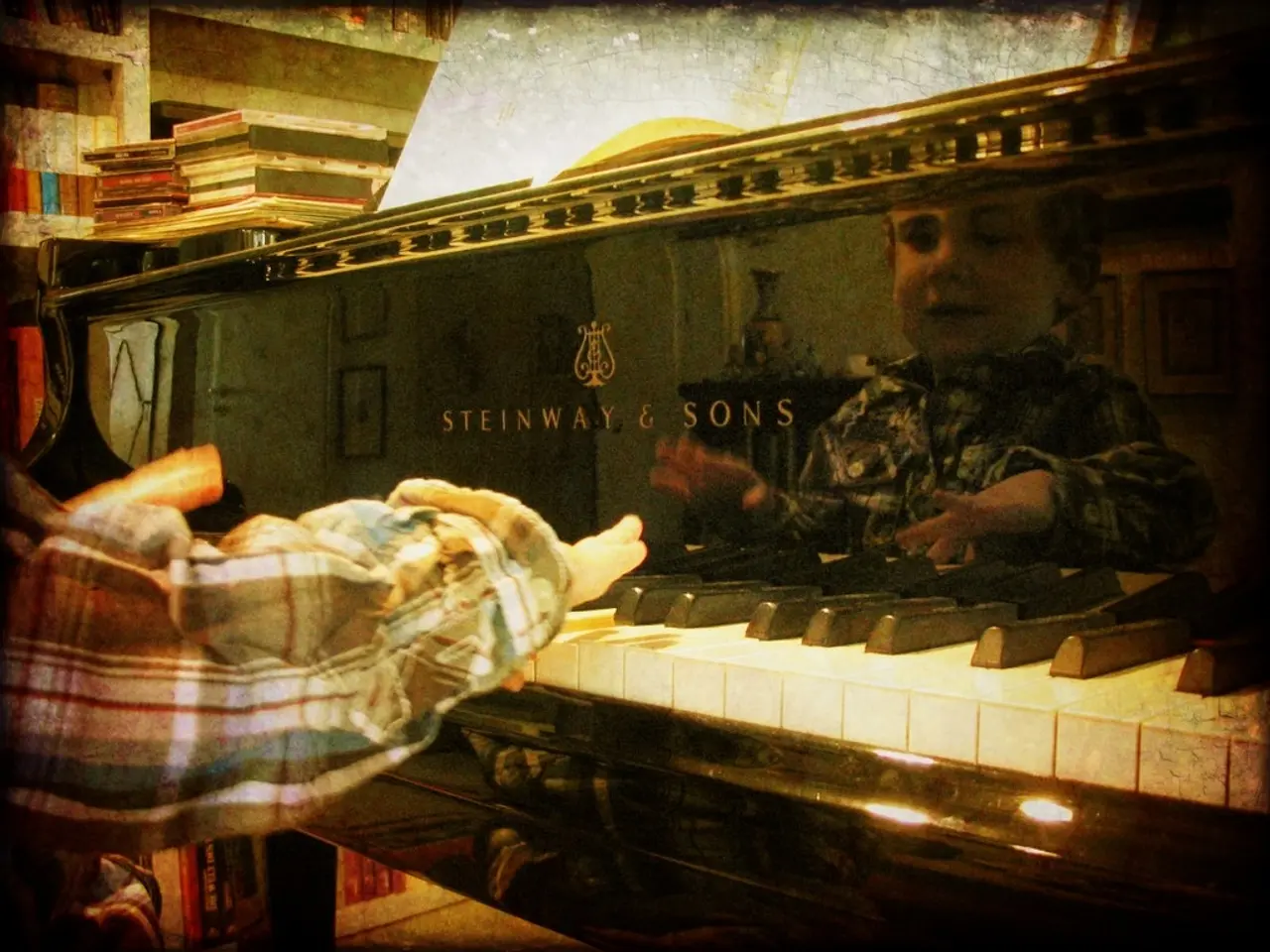Optimal Age for Beginning Piano Instruction in Children
================================================================================
For young children, it's essential to focus on knowledge, beginning with basics and gradually increasing difficulty. The question of when to start piano lessons for children is a common one in music learning.
Many experts and programs recommend starting formal lessons around age 6, as most children at this age have developed the necessary motor coordination, attention, and intellectual capability.
Key factors influencing this recommendation include:
- Fine motor skills: By age 5 or 6, most children’s hands can manage basic piano playing requirements, such as pressing five different white keys independently, which is essential for developing technique.
- Attention span and cognitive function: Around age 6, kids usually can focus for 20-30 minutes during lessons and practice, enabling effective learning and memory retention, which are critical for progress.
- Interest and readiness: Early exposure (from infancy to around 3 years) to piano sounds through listening and informal play can build a foundation of musical interest and familiarity without formal lessons. Between ages 4-6, informal, play-based interaction with piano helps cultivate interest, and formal lessons begin once the child shows both readiness and motivation, preventing frustration or loss of interest.
- Individual variation: Some children may start earlier or later depending on their unique development, interest, and motivation. Readiness signs include the ability to follow instructions, sit still, and show enthusiasm toward learning piano.
In summary, age 6 is widely regarded as the optimal starting point for formal piano lessons due to the convergence of motor, cognitive, and attentional readiness, balanced with nurturing the child's interest through informal exposure earlier on. However, a child's individual readiness and enthusiasm should always guide the decision.
Other factors affecting a child's readiness for piano lessons include school terms, the child's schedule, and home affairs.
Group lessons can be beneficial for younger children, providing a social environment for interaction and camaraderie. On the other hand, private lessons offer individualized attention and can be best for children who show a strong desire to learn and are ready to commit to regular practice. An experienced and patient piano teacher can significantly impact a child's musical journey.
Piano playing at an early age can improve a child's cognitive ability, problem-solving skills, and create a lifelong music lover. However, it's crucial to remember that each child develops at their own pace, and the key is to keep the child interested in the process and under the guidance of a proficient piano teacher.
Piano instructors who specialize in teaching young children often use creative and interactive methods to keep lessons fun and engaging. The influence of piano teachers and instructors for kids can play a significant role in determining the appropriate age for a child to start learning piano.
In conclusion, the optimal age for children to start piano lessons is around 5 to 7 years old, but individual readiness and enthusiasm are the most important factors to consider. By focusing on the child's development and nurturing their love for music, piano lessons can provide a rewarding and enriching experience for both the child and the parent.
[1] The Music Class [2] Music Teacher's Helper [3] TakeLessons [4] Piano Lessons Austin [5] School of Rock
- For a beginner in music theory, The Music Class could offer beneficial piano lessons, providing an engaging and interactive approach that caters to young learners.
- As a composer and parent, one might consider enrolling their child in piano lessons around the age of 6, as it facilitates optimal learning due to the child's developing motor, cognitive, and attentional skills.
- Home-and-garden enthusiasts seeking more than just hobbies or decor might find education-and-self-development through piano lessons, which can improve cognitive ability and problem-solving skills in children, creating well-rounded individuals.
- Advanced composers seeking private lessons to refine their skills might consider the services of experienced and patient piano teachers available at TakeLessons, Piano Lessons Austin, and School of Rock, enabling efficient, individualized instruction.




